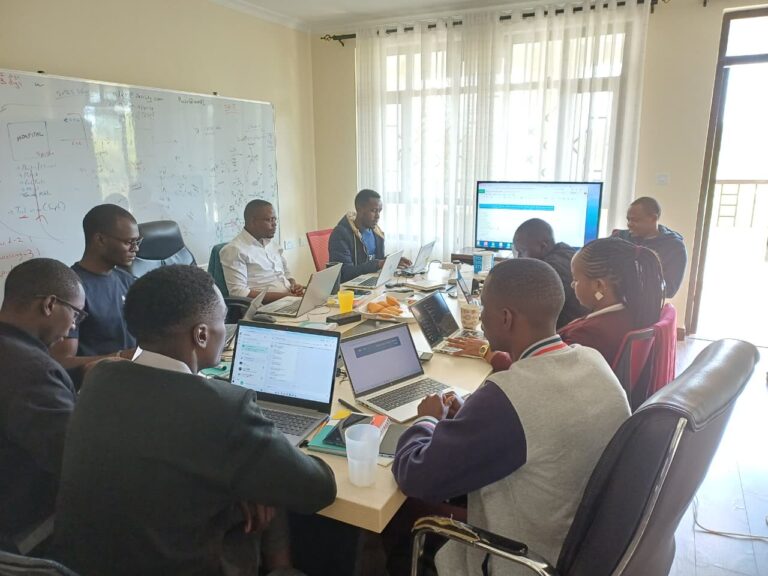
In 2016, Dr Joshua Kibera was juggling full-time teaching at the university with running a tissue pathology lab in Meru. Each evening, after a long day of lectures, he would return to stacks of patient cases waiting to be reviewed, but with no efficient way to manage them.
He knew that delays in diagnostics meant delays in treatment, and that his current tools couldn’t keep up. That realisation would set him on a journey that, nine years later, would lead to Spes360—a cloud-based diagnostic infrastructure designed to connect patients, hospitals, labs, and pathologists across Africa.
But before Spes360, there was ALIS, TPN’s first major attempt at building a platform for better diagnostics.
The Problem
At the time, most available lab information systems were designed for haematology and other general lab work, not for tissue pathology. This left an entire discipline underserved. Dr Joshua needed a way to track cases, review results remotely, and maintain consistent reporting standards, even when other pathologists contributed.
Early Approaches
With no suitable solution available, Dr Joshua improvised. He implemented a Microsoft Office and Windows system. Patient files were stored in folders, templates were found manually, and reports were sent by email. The system was slow, prone to errors, and impossible to scale.
“Sometimes I needed help from another pathologist who was far away, and I wanted the reports to look consistent for my clients,” he recalls. “But if someone else wrote them, the style and format would change. And emails could be missed entirely. Sometimes, a doctor would call two weeks later, upset that results hadn’t arrived.”
Hunting for a Solution
In mid-2017, he met a PHP developer who agreed to help build a custom system. Over the course of six months, they worked tirelessly during the evenings to design what they called SmartLIS. But just before launch, the developer left for a Master’s scholarship in Canada, and the project ground to a halt.
Reflecting on this period, Dr Joshua says, “We learnt a lot. Even though we didn’t launch, it changed the way I thought about software design.”
False Starts and Empty Promises
Determined to continue, he hired another developer. This time, the project stalled for different reasons: high upfront costs, little progress, and no clear commitment from the engineer.
Frustrated, Dr Joshua decided to take matters into his own hands. Using Joomla, he built a basic website where lab members could upload results and clients could download them. It was a step forward, but still lacked tracking, real-time communication, and the ability to manage complex workflows. These features would become core to ALIS and later Spes360.
Hope Emerges
In 2018, Dr. Joshua met Steve, a young and ambitious developer who would help create the first working version of ALIS.
“We simply, you know, clicked. He was passionate about software engineering, really passionate about building technologies. He was very attentive and eager to understand the problem and what we were trying to solve. His prices were reasonable, and we just hit it off.“



